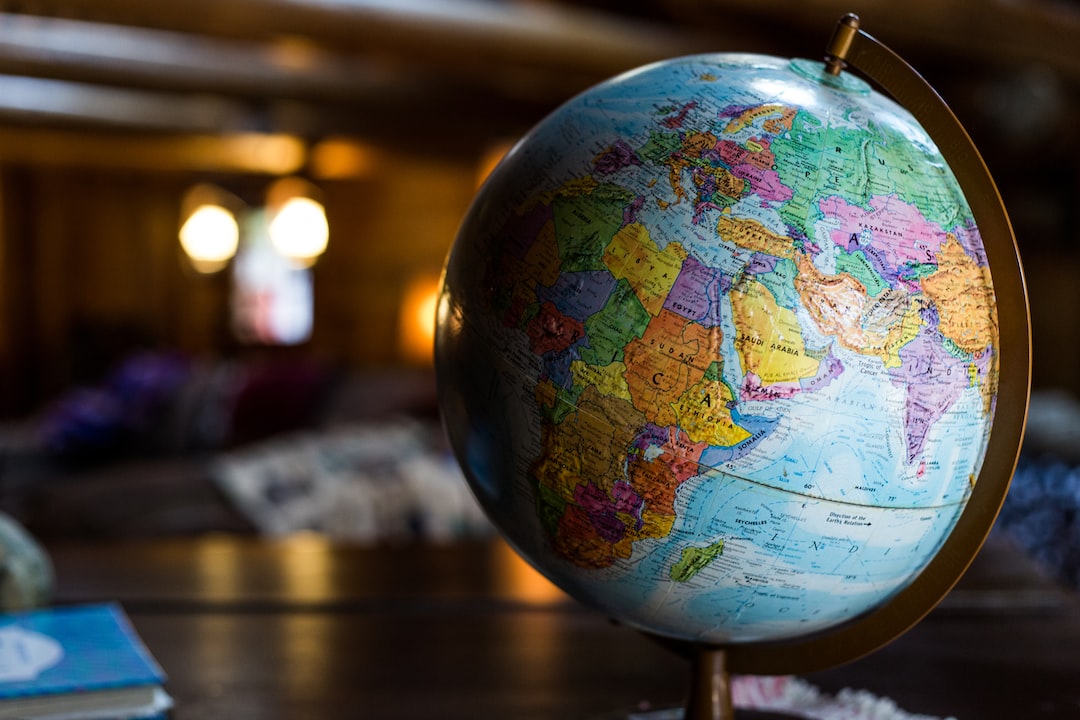The world is currently dealing with yet another potential environmental catastrophe: a major oil spill that threatens a fragile ecosystem. This spill occurred off the coast of Mauritius, an island nation located in the Indian Ocean, and has caused significant damage to the local marine life and habitat. This event serves as a reminder of the devastating impact that human activities can have on our planet and the urgency needed to take steps to prevent such incidents from occurring again.
The oil spill occurred in late July 2020 when a Japanese-owned vessel, the MV Wakashio, ran aground on a coral reef near the southeastern coast of Mauritius. The ship was carrying approximately 4,000 tonnes of fuel oil at the time of the accident, and it did not take long for the oil to begin leaking into the surrounding waters. For several days, local authorities struggled to contain the spill, and despite their efforts, large amounts of oil continued to spread throughout the area and onto nearby beaches.
The immediate impact of the oil spill was evident in the local marine ecosystem. Marine biologists recorded the death of several marine species, including fish, crabs, and other shellfish. The ecosystem which is already very fragile being located in a region prone to cyclones and climate change, is now facing its biggest challenge. The oil spill has also had a significant impact on the coral reef, which is a critical component of this ecosystem. Coral reefs are home to countless marine species, and they also play a significant role in providing protection against coastal erosion.
The oil spill has not only had a direct impact on the local marine life but has also affected the surrounding communities. Many people who depend on fishing and tourism as their main source of income have been badly affected due to this spill. The tourism industry has come to a standstill due to the spill, and fishing has also been banned in the area to avoid contaminated seafood from being sold. Mauritius is also known for its rich biodiversity, and the spill has caused a significant blow to its reputation as an eco-tourism destination.
The oil spill has raised several fundamental questions. Firstly, it highlights the risks associated with transporting such large amounts of oil across the ocean. These risks were already known but were often ignored in the pursuit of profit. Ship owners and operators must take greater responsibility for ensuring the safe transport of oil and implementing measures to avoid accidents that cause oil spills. Additionally, the spill has also exposed the gaps in the policy and regulatory framework of the shipping industry. There is a need for greater collaboration between governments and private sector stakeholders to strengthen environmental regulations and ensure their effective implementation.
The incident also exposes the need for businesses to take their environmental responsibilities seriously. The world has already reached a tipping point, and the damage caused by the oil spill will have a long-lasting impact on the region’s ecosystems, economy and social structure. Business owners now have a responsibility to manage their operations in an environmentally sustainable manner, keeping in mind the risks and impacts of their operations on the environment.
The aftermath of the oil spill has seen an outpouring of support and mobilization from the global community. The Mauritian government has sought assistance from the United Nations, France, and Japan to help contain the spill and manage its impacts. Local communities and NGOs have also come together to volunteer their time and resources to clean the beaches and help affected wildlife. Social media has also played a significant role in raising awareness of the spill and the need for action from governments and the private sector.
The response to the oil spill has also highlighted the need for all actors in the global community to come forward and work against such incidents. In the long-term, more needs to be done both on a national and international level. Governments should consider stricter laws to ensure the sustainable management of marine resources and reinforcement of environmental regulations on the shipping industry. Additionally, businesses need to play their role by incorporating environmentally sustainable practices into their operations. These practices will not only help prevent oil spills but also reduce the carbon footprint of the industry, thus contributing to a sustainable future.
This incident should serve as a reminder that we need to reduce our dependence on fossil fuels and invest in renewable energy sources. We need to take action before we cause irreversible damage to our planet. The environmental impact of oil spills is significant and long-lasting. The damage that the spill has caused to the ecosystem of Mauritius is enormous, and the impact will be felt not just locally, but globally. We cannot afford to sit back and watch events like these unfold without taking action. Every one of us has a responsibility to act as a custodian of the environment and work towards creating a sustainable future.
In conclusion, the Mauritian oil spill is just one incident in a long line of environmental catastrophes caused by human activities. The incident highlights the dangers of our reliance on fossil fuels and the risks associated with transporting them. More importantly, the incident highlights the importance of taking immediate action to prevent similar occurrences in the future. Governments and businesses must work together to reduce their environmental impact and build a more sustainable future. The Mauritian oil spill serves as a warning for us all that we must carefully consider our actions and their consequences. The time to act is now.


